Should Students be Allowed to Leave Campus for Lunch?
October 27, 2021
School lunch. Depending on who you are, where you go to school, or even where you live, these two words can mean very different things. For many public school students, school lunch often means one of the worst parts of the day due to the offerings they face in the cafeteria.
School lunch is notoriously bad due to the fact that it doesn’t taste good, has a limited menu, and oftentimes consists of uncooked food. Students should have the choice to go off campus for lunch. There are pros and cons to allowing students to leave campus for lunch. The cons include community complaints, student littering, and students not returning to school. The pros of allowing students to leave campus for lunch include cost savings for the county as they could plan for it and spend less on utensils, food, and beverages, and other costs that may arise from feeding so many students. An additional pro for students is the opportunity to relax off-campus and get the food they enjoy.
For some students, school is an important part of their daily plan for eating, and this can include both breakfast and lunch. However, an open lunch policy does not cancel school lunches, it just gives students the option to go off campus if they want to. The students who rely on school food services can still eat at school but have the option to go off campus if they are able to do so.
If the county is able to save money on food costs, they can use it for better purposes including, funding club events, academic opportunities for students, college visits, and improved equipment for the school.
Allowing students to leave campus demonstrates the trust administration has in their students to exhibit mature behavior on and off school property. The goal is to give students on their best behavior when they are off-campus, an opportunity to show that they can, individually and as a group, act appropriately. Madison Hunter, in “Off-Campus Lunches Benefit Students, District”, points to the financial benefit of letting students leave campus, stating, “By letting students go off campus for lunch, administrators could also save some money and use it for different things, such as new equipment for sports teams. The more students are able to go off-campus, the fewer students stay at the school to eat school food, which the school sells cheaply.”
By not having schools spend excessive amounts of money on school lunches, as Hunter notes, the money could be put to better use in ways that the administration sees fit. Going out for lunch won’t always work for all schools due to schools being far from restaurants, but the school could put money into having food trucks come to school.
Using this policy is an area of concern for schools is the behavior of students when off-campus. One way to address this concern would be to limit leaving campus for lunch to only upperclassmen, specifically seniors and juniors. Juniors and seniors should be permitted to go out for lunch due to the fact that they have already been in their school for two years and understand what it takes and means to represent their school in a positive way.
Using this policy would require administrators to put into place a rule that specifies which grades are allowed to go off campus for lunch, and a way to enforce this. One way they could enforce this policy is by checking ID cards. Checking IDs before students are permitted to leave would allow administrators to know who is entering and exiting the building to go off campus for lunch. If there are any complaints from the store, they would have the ability to identify the student from their ID card.
Another way administrators could ensure that only the students in the grade levels are allowed to go off campus would be by having multiple lunches. For example, an upperclassmen lunch period could exist for seniors and juniors, and then a second lunch for sophomores and freshmen. Having multiple lunches would help administrators and security know who is entering and exiting the building and who is leaving campus for lunch. Additionally, administrators would be able to monitor underclassmen who are attempting to break the school rules by leaving school grounds when they know they aren’t permitted to do such a thing. Allowing only 11th and 12th graders to go out for lunch would prove to their community that the school trusts their students. Ultimately, lunch is an important time for students, offering them a time of relaxation and an opportunity to relax and spend time with friends. It could also be a time to help them enjoy their favorite foods.

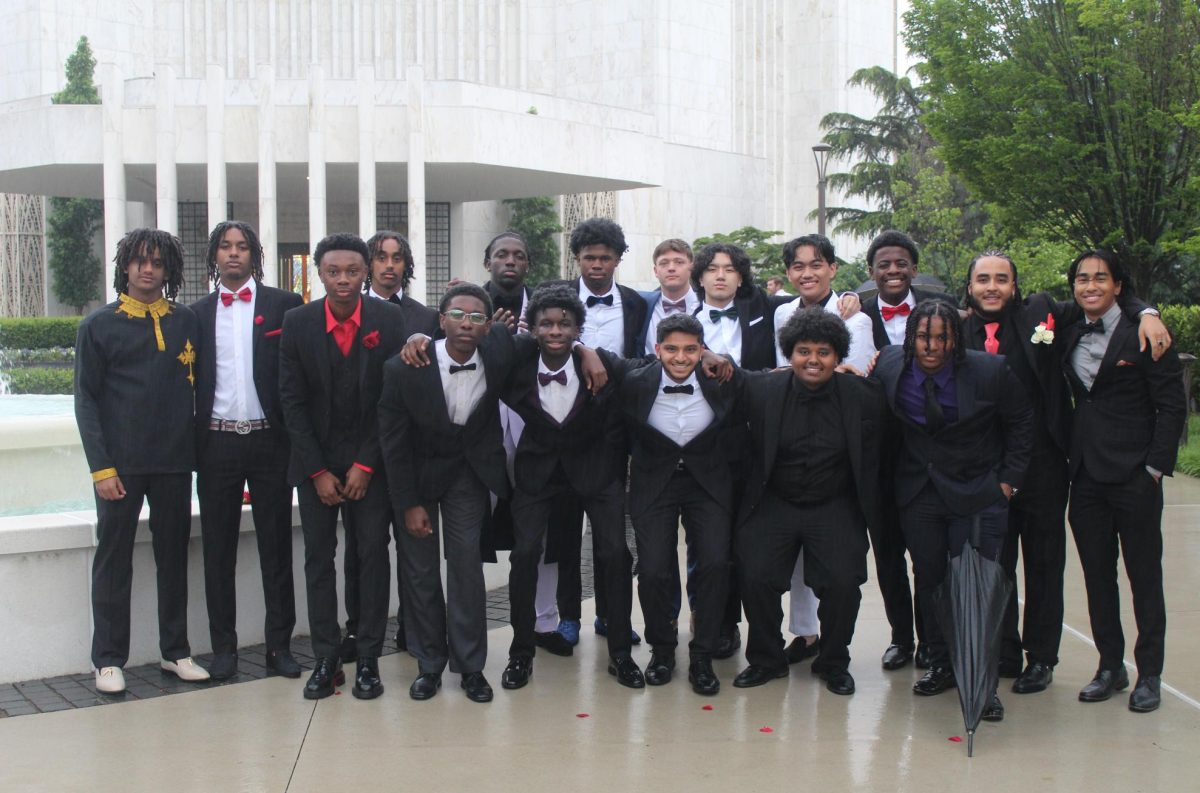

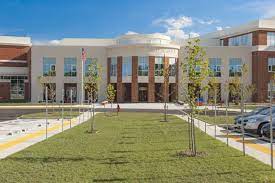
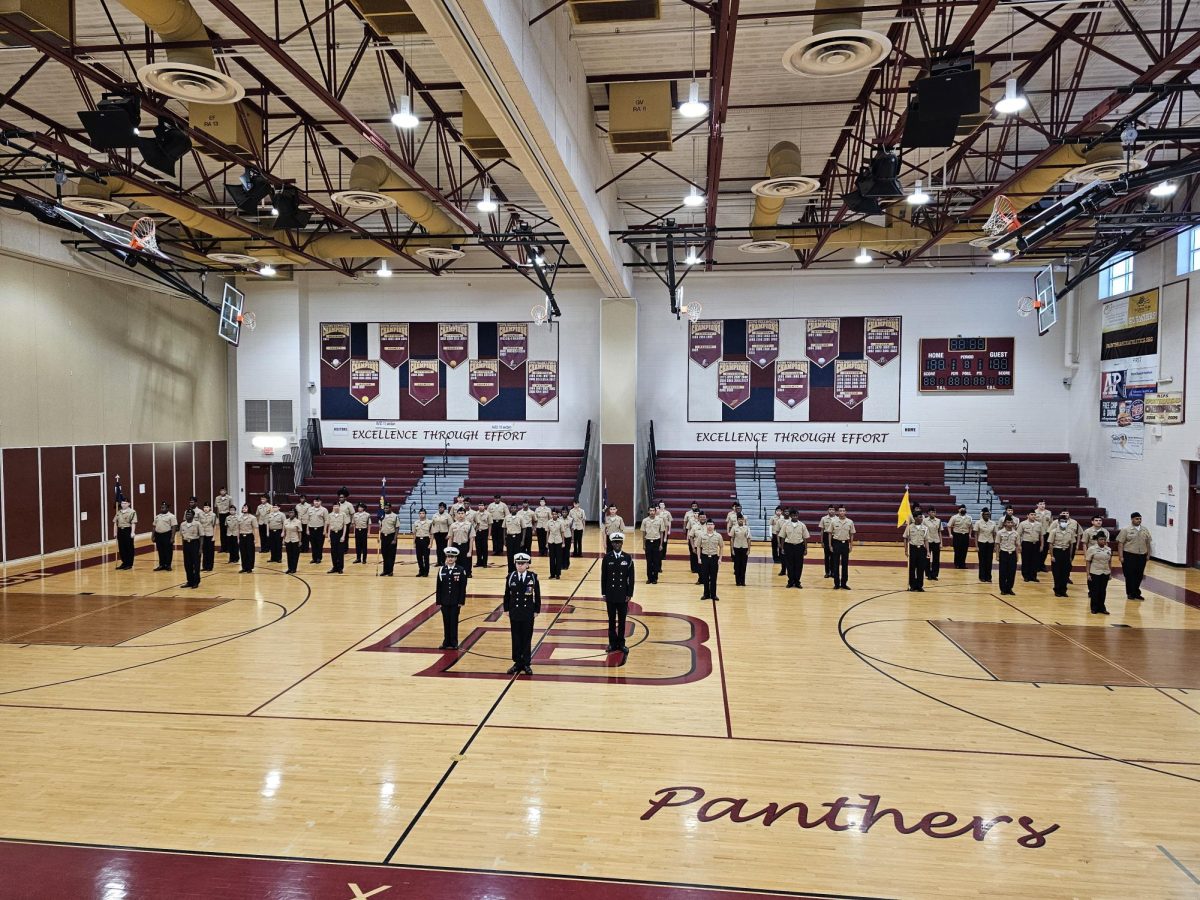


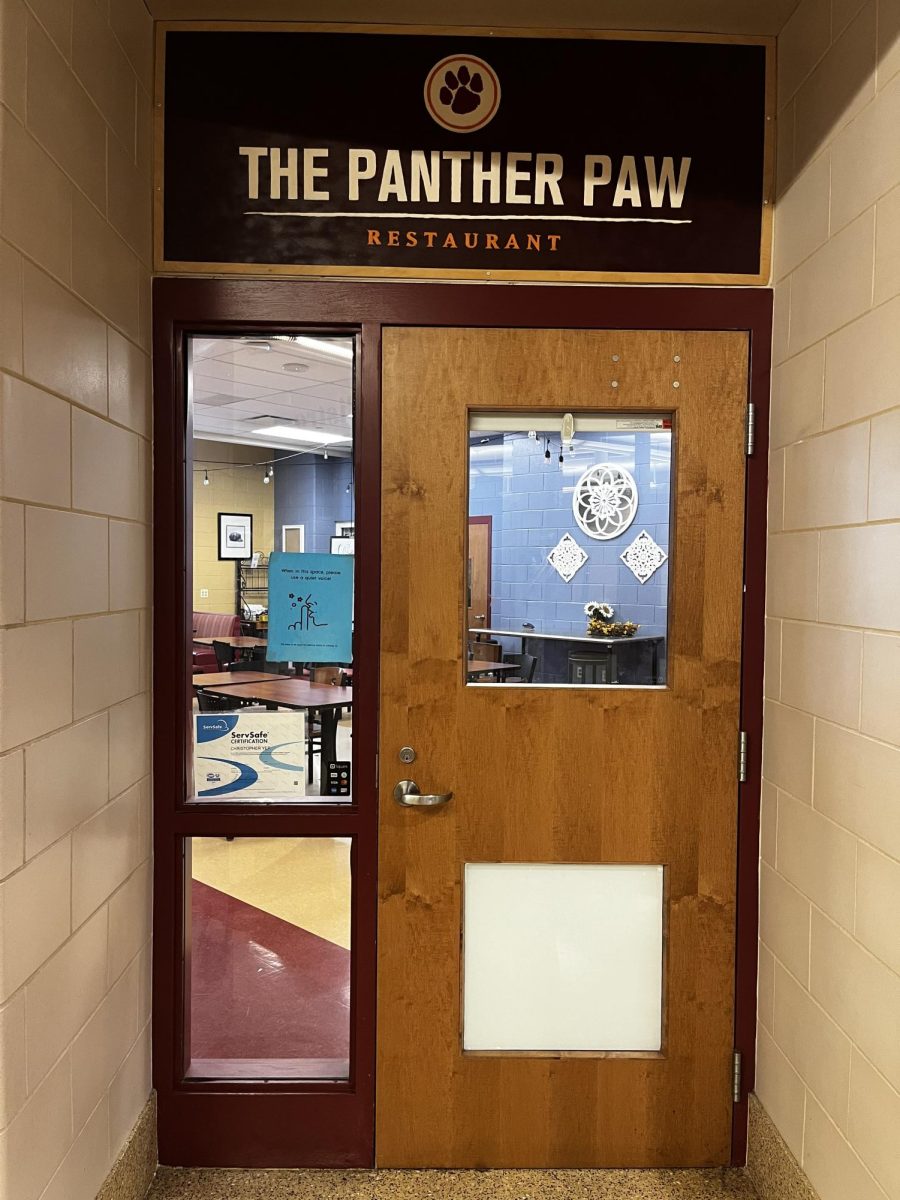
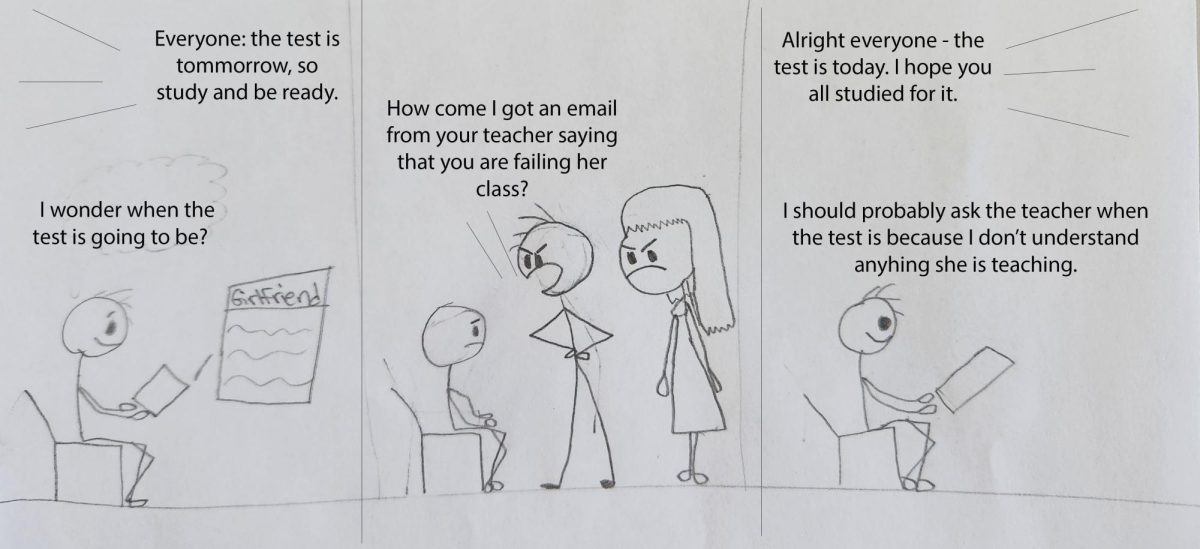







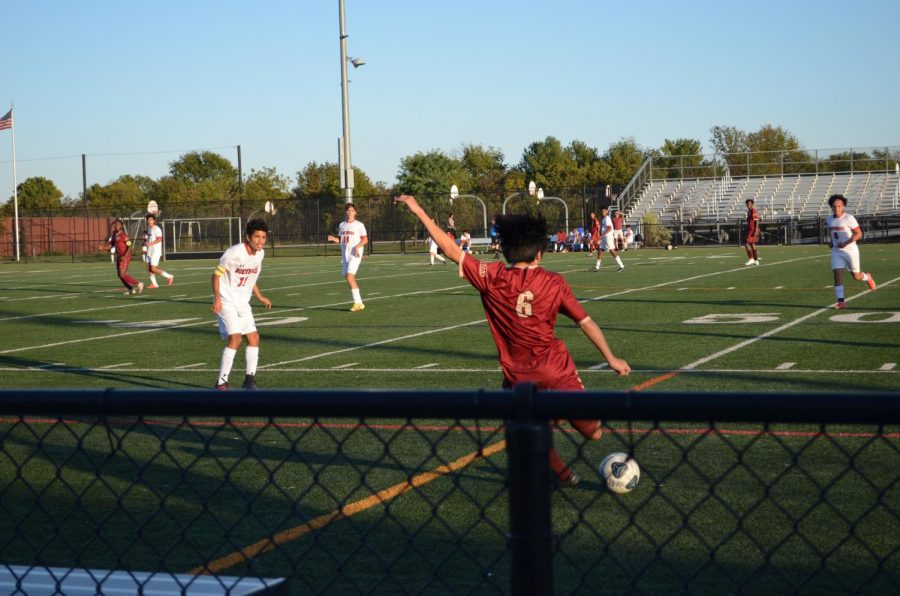
















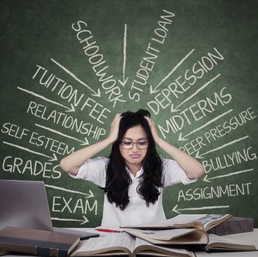





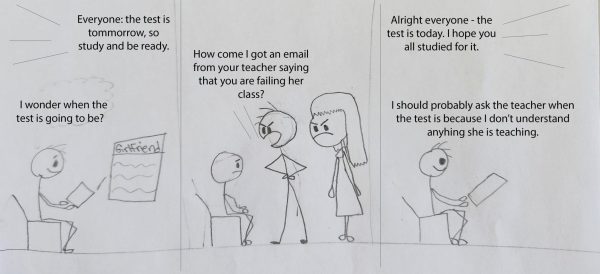
Icanttellyoumyname • Mar 14, 2022 at 4:53 PM
Students should be allowed to go off of campus temporarily for lunch because they could be allergic to something and the other food might just be gross. The students need food they are willing to eat, if they do not want to eat the school food no one can force them but they might be hungry during class. If the students eat the food they like, the won’t be hungry which will lead to paying more attention in class than without food. As a student myself, I would love to get something I actually like from outside of school when I get older.